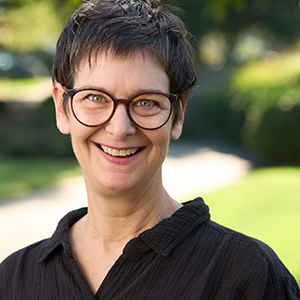REGISTER HERE BY DECEMBER 15, 2024!
At the festival, students will discuss a recent dramaturgy project, participate in workshops, and explore the diverse landscape of dramaturgical practice with seasoned professionals.
Promising students from each region with be nominated to attend the National Festival, earn a one-year Literary Managers and Dramaturgs of the Americas membership, and/or be considered for summer Dramaturgy Fellowships.
PROGRAM PHILOSOPHY
KCACTF Dramaturgy Programming begins with these principles:
- Dramaturgy is notoriously difficult to define (and that’s not necessarily a bad thing).
- Dramaturgical practices may include research and analysis, information design for production teams and audiences, support of collaborators during design and rehearsal processes, and more.
- The most effective professional dramaturgs tune their participation to the needs of each process, thus developing an ever-evolving sensibility rather than a rigid set of practices.
ELIGIBILITY
Anyone who was enrolled as an undergraduate or graduate student at a college or university during the calendar year prior to the Region 3 Festival is eligible to participate. These types of projects qualify for consideration:
- Work as a credited dramaturg on a full production or new-play workshop
- A class assignment with an explicitly dramaturgical focus
REGISTRATION GUIDELINES
Dramaturgy participants in each region will fill out a common registration form in Submittable. The form serves multiple purposes:
- As a starting point for conversations with respondents at each regional festival.
- As a place for a selection panel to access the materials of students whose regional respondents nominate them for attendance at the National Festival in Washington D.C.
REGIONAL FESTIVAL ACTIVITIES
Focused Conversations with Dramaturgy Respondents:
Creativity: What is unique or innovative about your approach to the work? Where is your dramaturgical sensibility visible?
Collaboration: How did the perspectives of your collaborators affect the choices you made throughout the process?
Contextualization: How did the play itself guide your research and analysis?
Self-Awareness: How does your ability to self-reflect help position you for continued dramaturgical work?
Professional Development Workshops
Opportunities to explore the diverse practice of professional dramaturgy.
REGIONAL RECOGNITIONS
Students who demonstrate significant dramaturgical promise will be recognized with these awards at the end of the festival.
LMDA Early Career Student Dramaturgy Award
- A complimentary one-year membership to the Literary Managers and Dramaturgs of the Americas (LMDA), providing access to the organization’s abundant resources for dramaturgs entering the field.
LMDA/KCACTF National Dramaturgy Nomination
- A complimentary one-year membership to the Literary Managers and Dramaturgs of the Americas (LMDA) and a Regional Nomination for attendance at the National Festival in Washington D.C.
- Nominees will also be eligible for consideration as summer fellows with nationally recognized organizations such as the New Harmony Project, The O’Neill Theatre Conference, and the Playwrights’ Center.

Diane Brewer
Dramaturgy Coordinator
University of Evansville
John David Lutz Distinguished Professor of Theatre Arts
Dramaturg/Director
Department of Theatre
Evansville, IN 47722
812-488-2369

